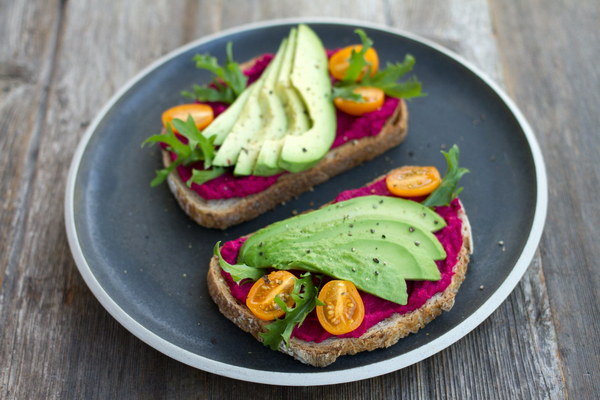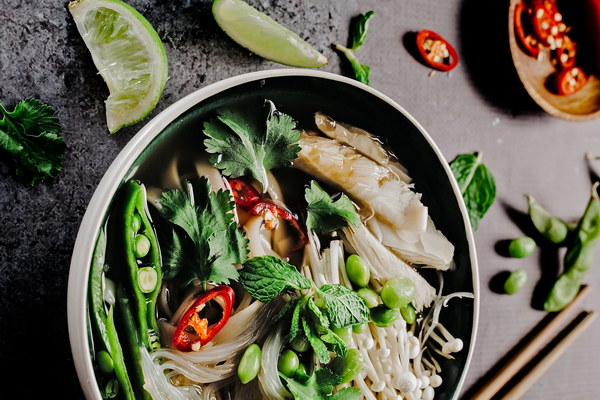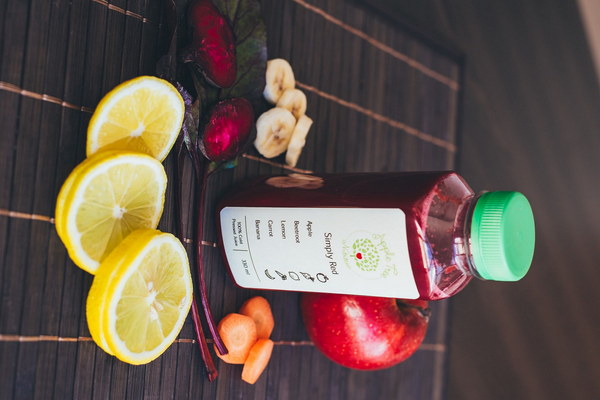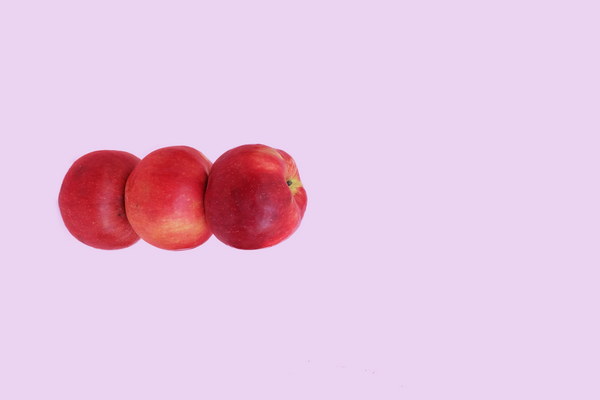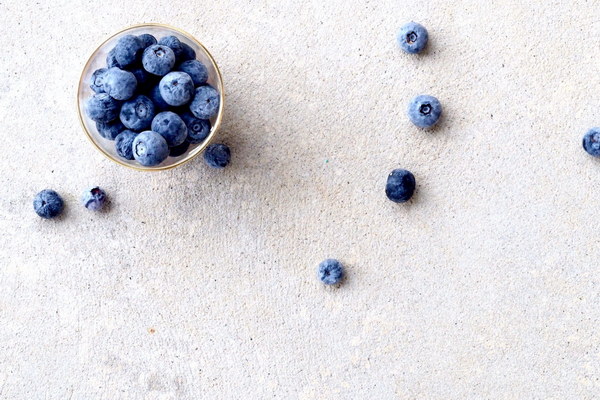Harmony of Nature The Healing Power of Fritillaria Thunbergii Syrup, a Traditional Chinese Herbal Remedy for Lung Health
In the realm of traditional Chinese medicine (TCM), where the wisdom of the ancients intertwines with the natural world, there exists a remarkable herbal syrup known as Chuan Bei Qing Fei Syrup. This elixir, a testament to the profound understanding of nature's healing properties, has been used for centuries to support lung health and alleviate respiratory ailments. Let's delve into the wonders of Chuan Bei Qing Fei Syrup and its primary ingredient, the Fritillaria Thunbergii, a true marvel of the natural world.
Fritillaria Thunbergii, commonly known as the Chinese lily bulb, is a flowering plant native to the eastern regions of Asia. This plant has been a cherished component of TCM for its purported medicinal benefits, particularly its ability to nourish the lungs, moisten the throat, and clear heat. The roots of the Fritillaria Thunbergii are the key to the syrup's healing power, as they contain a wealth of bioactive compounds that have been shown to possess anti-inflammatory, expectorant, and immune-boosting properties.
Chuan Bei Qing Fei Syrup is a concoction of Fritillaria Thunbergii, along with other herbs such as Scutellaria Baicalensis (Chinese skullcap) and Forsythia Suspensa (forsythia). These herbs are meticulously blended to create a harmonious synergy that enhances the therapeutic effects of the syrup. The end result is a potent herbal remedy that is believed to soothe respiratory discomfort, reduce phlegm production, and improve overall lung function.
One of the primary reasons for the popularity of Chuan Bei Qing Fei Syrup is its effectiveness in treating a range of respiratory conditions. Whether it is a common cold, flu, bronchitis, or even asthma, this syrup has been a go-to for many seeking relief from their symptoms. Its expectorant properties help to loosen and expel mucus, making it easier for the body to breathe and for the immune system to combat the underlying infection.
The anti-inflammatory components of Fritillaria Thunbergii have also been shown to reduce swelling in the airways, thereby alleviating symptoms such as coughing and wheezing. This makes the syrup an excellent choice for individuals with chronic respiratory issues who are looking for a natural alternative to conventional medications.

In addition to its respiratory benefits, Chuan Bei Qing Fei Syrup is often recommended for its ability to moisten the throat. This can be particularly soothing for those suffering from dry, irritated throats, which are often a result of smoking, pollution, or excessive talking or shouting.
It is important to note that while Chuan Bei Qing Fei Syrup offers numerous health benefits, it is not a substitute for professional medical advice. As with any herbal remedy, it is best to consult with a healthcare provider before beginning treatment, especially for those who are pregnant, breastfeeding, or have pre-existing health conditions.
The art of making Chuan Bei Qing Fei Syrup is a delicate process that requires precision and a deep understanding of TCM principles. The roots of the Fritillaria Thunbergii are carefully selected and then processed to extract their potent properties. The resulting syrup is typically clear and has a slightly sweet and bitter taste, which is characteristic of its natural herbal composition.
In conclusion, Chuan Bei Qing Fei Syrup is a remarkable example of the healing power of traditional Chinese medicine. Its primary ingredient, Fritillaria Thunbergii, along with its complementary herbs, work together to provide a natural and effective solution for respiratory health. As we continue to explore the treasures of the natural world, it is clear that the wisdom of the ancients has much to offer in the pursuit of wellness and vitality.

